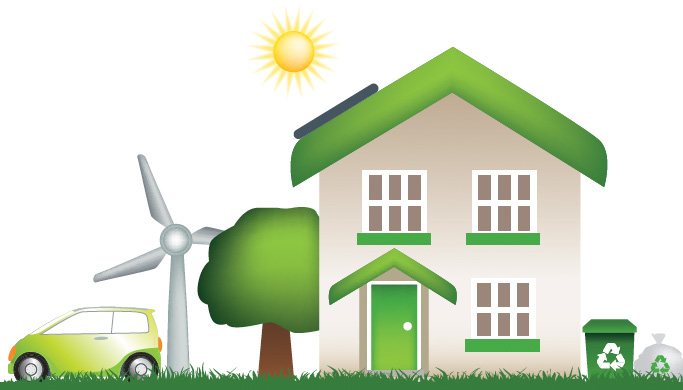
Low-Impact Energy: Eco-Friendly Solutions for Sustainable Living
Living sustainably involves making conscious choices that minimize our impact on the environment. Low-impact energy solutions play a pivotal role in this endeavor, offering eco-friendly alternatives for a more sustainable lifestyle.
1. The Essence of Low-Impact Energy
Low-impact energy is centered on reducing environmental harm associated with energy production and consumption. By embracing technologies and practices that prioritize environmental sustainability, individuals contribute to a cleaner planet and a more responsible energy future.
2. Harnessing Renewable Sources
At the core of low-impact energy is the reliance on renewable sources. Solar, wind, and hydroelectric power are examples of clean energy alternatives that harness natural resources without depleting them. Embracing these sources minimizes reliance on finite fossil fuels, reducing the ecological footprint of energy consumption.
3. Eco-Friendly Building Practices
Low-impact energy extends to the construction phase, emphasizing eco-friendly building practices. Utilizing sustainable materials, incorporating energy-efficient design, and implementing proper insulation contribute to energy conservation, creating homes that have a lower impact on the environment throughout their lifecycle.
4. Energy-Efficient Appliances and Lighting
Reducing energy consumption within homes is achievable through the use of energy-efficient appliances and lighting. LED bulbs, energy-star-rated appliances, and smart technologies that optimize energy usage contribute to lower overall energy demand, aligning with the principles of low-impact energy.
5. Sustainable Transportation Choices
Beyond the confines of home, low-impact energy extends to transportation choices. Opting for electric or hybrid vehicles, carpooling, biking, or utilizing public transport minimizes the carbon footprint associated with personal travel. These choices contribute to a more sustainable and eco-friendly lifestyle.
6. Localized Energy Solutions
Low-impact energy solutions often involve decentralized and localized energy production. Microgrids, community solar projects, and small-scale renewable energy systems empower communities to generate their own energy sustainably, reducing reliance on centralized power sources.
7. Conscious Consumer Choices
Consumers play a vital role in promoting low-impact energy. Making conscious choices such as purchasing products with minimal packaging, supporting eco-friendly brands, and opting for energy-efficient appliances influences market trends, encouraging businesses to adopt sustainable practices.
8. Government Incentives for Low-Impact Energy Adoption
Many governments worldwide offer incentives to promote low-impact energy adoption. Tax credits, subsidies, and grants are among the incentives designed to make sustainable choices more accessible and attractive for individuals and businesses.
9. Circular Economy and Low-Impact Energy
A circular economy, where resources are reused, recycled, and repurposed, aligns with the principles of low-impact energy. By minimizing waste and promoting a circular approach to resource management, individuals contribute to a more sustainable and resilient economy.
10. Low-Impact Energy Benefit: A Holistic Approach
In conclusion, the benefits of low-impact energy extend beyond individual actions. Embracing eco-friendly practices and technologies contributes to a holistic approach to sustainable living. Explore the possibilities of Low-Impact Energy Benefit at solarhelp.info and join the movement towards a low-impact, environmentally conscious future.



